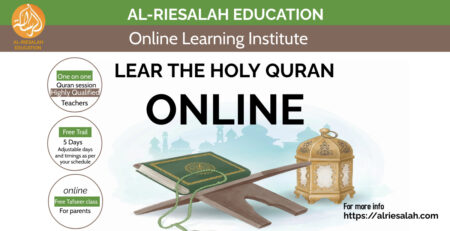Significance of Ramadan in Islam Religion
Ramadan, the ninth month of the Islamic lunar calendar, holds profound significance in Islam as a time of spiritual reflection, self-discipline, and devotion to Allah. Fasting during Ramadan is one of the Five Pillars of Islam, representing a fundamental aspect of Muslim faith and practice.
Historical Background
The observance of Ramadan has its roots in the early history of Islam. It was during this month that the first verses of the Quran, the holy book of Islam, were revealed to the Prophet Muhammad (peace be upon him) by the angel Gabriel. As such, Ramadan is considered a sacred time for Muslims, commemorating the beginning of divine revelation.
The Pillar of Fasting in Islam
Fasting during Ramadan is obligatory for adult Muslims, with exceptions for those who are ill, elderly, pregnant, breastfeeding, menstruating, or traveling. This act of fasting is one of the Five Pillars of Islam, along with the declaration of faith, prayer, charity, and pilgrimage to Mecca. Fasting is seen as a means of purifying the soul, developing self-discipline, and drawing closer to Allah.
Spiritual Significance of Ramadan
Ramadan is a time for increased devotion and worship. Muslims engage in extra prayers, recitation of the Quran, and acts of charity throughout the month. Fasting serves as a reminder of one’s dependence on Allah and a means of seeking forgiveness for past sins. It is a time for spiritual renewal and self-improvement.
Self-Discipline and Self-Reflection
Fasting during Ramadan fosters self-discipline as Muslims refrain from food, drink, smoking, and other physical needs from dawn until sunset. This practice instills a sense of control over one’s desires and urges, promoting greater mindfulness and self-awareness. It encourages individuals to reflect on their actions and strive for personal growth.
Empathy and Compassion
Fasting also cultivates empathy and compassion for those who are less fortunate. By experiencing hunger and thirst firsthand, Muslims develop a greater understanding of the struggles faced by others. Ramadan emphasizes the importance of charity and generosity, encouraging believers to share their blessings with those in need.
Community and Togetherness
Ramadan is a time of communal solidarity, with families and communities coming together to break their fasts each evening during the iftar meal. These gatherings foster a sense of togetherness and unity among Muslims, strengthening social bonds and fostering a spirit of generosity and sharing.
The Night of Decree
Laylat al-Qadr, or the Night of Decree, falls within the last ten days of Ramadan and is considered the holiest night of the year. It is believed to be the night when the Quran was first revealed to the Prophet Muhammad. Muslims spend this night in prayer and supplication, seeking Allah’s blessings and forgiveness.
Cultural Observances
While the basic tenets of Ramadan are consistent across the Muslim world, there are variations in how the month is observed culturally. Different traditions and practices may be observed, reflecting the diversity of Muslim communities worldwide.
Modern Challenges and Ramadan
In the modern world, Muslims face various challenges during Ramadan, including balancing fasting with work, school, and other responsibilities. It is essential for individuals to prioritize their spiritual obligations while also fulfilling their daily duties. Technology and social media have also impacted Ramadan observance, with Muslims using digital platforms to connect with others and access religious resources.
FAQs About Ramadan
- Q: Can I fast if I am pregnant or breastfeeding?
- A: Pregnant or breastfeeding women are exempt from fasting during Ramadan if it poses a risk to their health or the health of their child. They can make up for missed fasts at a later date.
- Q: What is the significance of the pre-dawn meal (suhoor)?
- A: Suhoor is eaten before dawn to provide sustenance for the day ahead and is considered a blessed meal. It is recommended to consume a wholesome suhoor to sustain energy throughout the fasting day.
- Q: How long is the fast during Ramadan?
- A: The fasting period begins at dawn (Fajr) and ends at sunset (Maghrib), typically lasting between 12 to 16 hours, depending on geographical location and time of year.
- Q: Can children fast during Ramadan?
- A: Fasting is not obligatory for children who have not reached puberty. However, some children may choose to fast for part of the day as a way of participating in the observance of Ramadan.









Leave a Reply